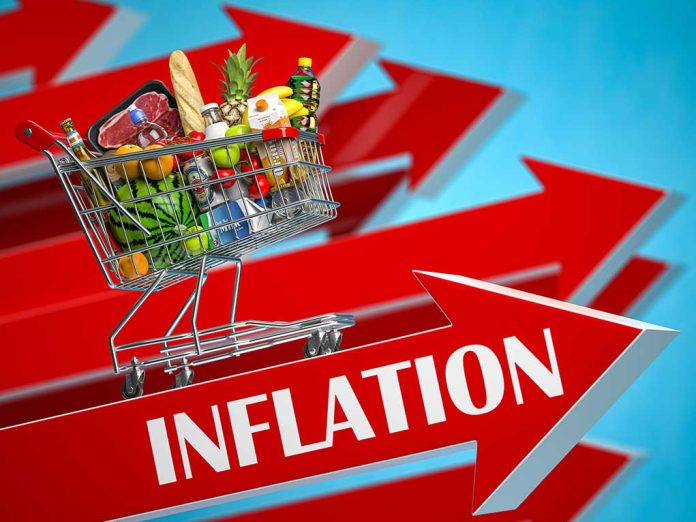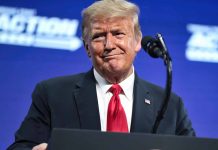
Tech experts have called out Vice President Kamala Harris, arguing her claims that AI is driving inflation are downright misleading.
At a Glance
- Conservative tech experts criticize Kamala Harris for blaming AI algorithms for inflation
- Harris is advocating for nationwide rent control
- Trump supports a lighter regulatory approach on AI compared to Harris’s call for public oversight
- Harris supports laws against software recommending rental prices based on market data
Kamala Harris’s AI Inflation Claim
Amid ongoing economic debates, Vice President Kamala Harris has been critiqued for her comments linking artificial intelligence (AI) algorithms to inflationary trends. Harris argues that AI’s influence on supply chains and financial decisions is exacerbating inflation.
However, this claim has been met with significant pushback from industry leaders and conservative tech experts, who assert that inflation is driven by a complex array of global economic factors, rather than by AI alone.
These critics emphasize that global economic disruptions, particularly in supply chains and fiscal policies, are the primary factors contributing to current inflationary pressures. Accusing AI of being a significant driver of inflation distracts from the real issues at hand. This controversy brings to the forefront the broader contentious dialogue at the crossroads of technology, economics, and policy.
What Kamala Harris has said about AI, tech regulation, and more https://t.co/eXLocwKCSO
— TechCrunch (@TechCrunch) July 21, 2024
Rent Control and Software Regulations
Vice President Harris is also advocating for nationwide rent control and supports laws against software that recommends rental prices based on market data. Harris argues that such software creates anti-competitive business practices. This position has been met with widespread criticism from those who believe free market dynamics should guide rental pricing.
Some politicians and economists argue that Harris’s approach could stifle innovation and lead to unintended consequences in the market. In stark contrast, former President Trump supports a lighter regulatory approach with an emphasis on allowing the free market to dictate prices and innovations. Trump believes that less governmental oversight will foster innovation and economic growth.
Differing Approaches to Technology Policy
Harris and Trump significantly differ on their approaches to technology policy. Harris supports public oversight and regulation, while Trump advocates for minimal regulation to enable the tech sector to thrive. This difference is seen in their AI policies, with Trump promoting innovation without heavy-handed government interference, whereas Harris focuses on regulating and addressing biases in AI.
Harris argues that the government must take an active role in regulating AI to protect against potential harms. This includes implementing stricter guidelines and monitoring practices to ensure that AI is used ethically and does not exacerbate existing social inequalities.

















